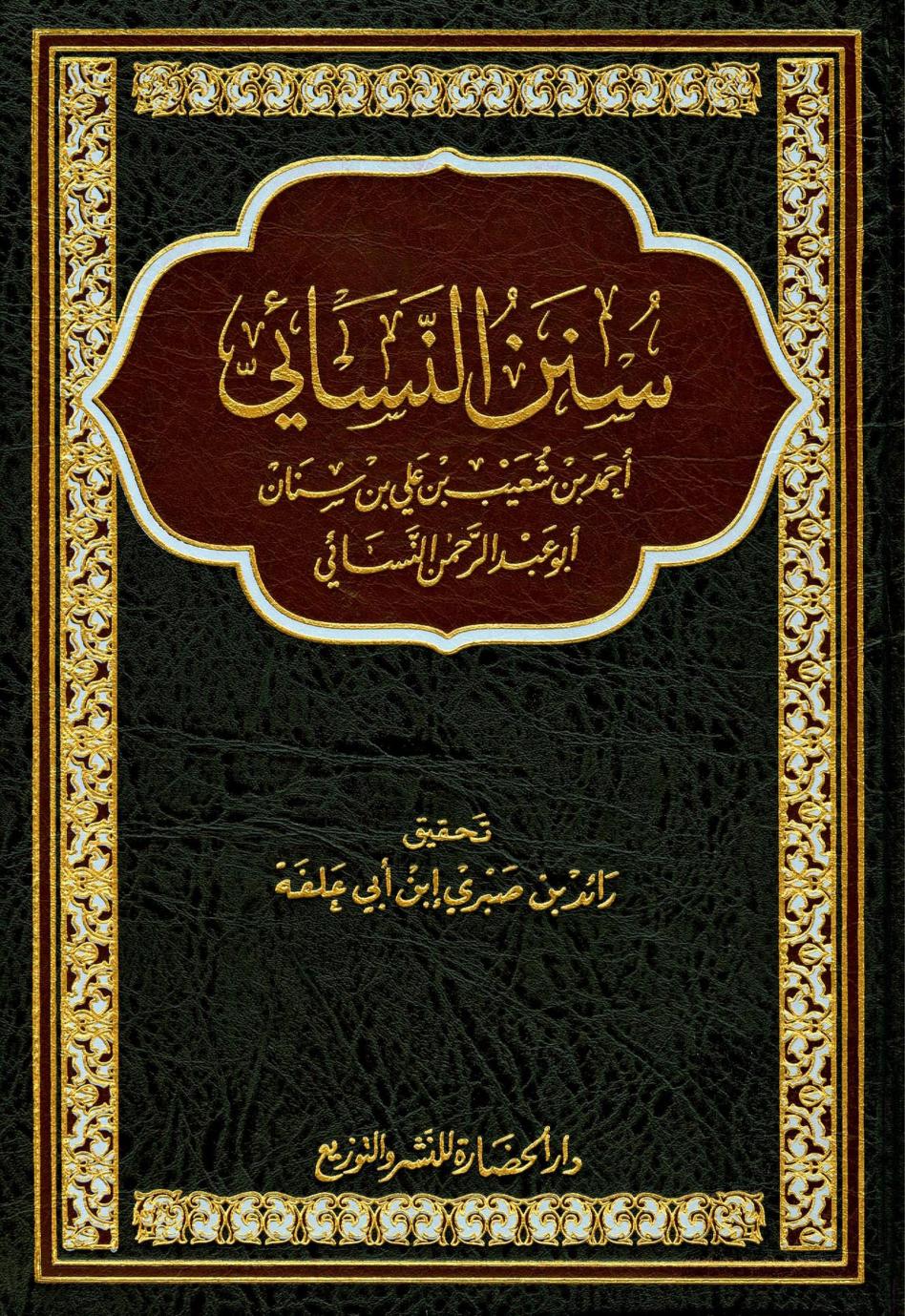


Smart Quran & Hadith Search
You can use this search to find anything in the Quran in Arabic, Urdu, or English.To search Hadith, use the toggle button below to switch modes.

سُنَنُ النَّسَائِيِّ
✍️ الإمام أحمد بن شعيب النسائي
📄 ابواب کی تعداد: 340
📘 احادیث کی کل تعداد: 34,373
کتاب: اذان سے متعلق احکام و مسائل
Book on Adhan (Call to Prayer): Rules and Matters
أَخْبَرَنَا إِسْحَقُ بْنُ إِبْرَاهِيمَ قَالَ أَنْبَأَنَا الْمُعْتَمِرُ بْنُ سُلَيْمَانَ عَنْ أَبِيهِ عَنْ أَبِي عُثْمَانَ عَنْ ابْنِ مَسْعُودٍ عَنْ النَّبِيِّ صَلَّى اللَّهُ عَلَيْهِ وَسَلَّمَ قَالَ إِنَّ بِلَالًا يُؤَذِّنُ بِلَيْلٍ لِيُوقِظَ نَائِمَكُمْ وَلِيَرْجِعَ قَائِمَكُمْ وَلَيْسَ أَنْ يَقُولَ هَكَذَا يَعْنِي فِي الصُّبْحِ
It was narrated from Ibn Mas'ud that the Prophet (ﷺ) said: Bilal calls the Adhan during the night to wake those who are sleeping and so that those who are praying Qiyam can return.[1] Not to say it is like this. The break of dawn is not like this. [2] [1] Meaning to finish. Ash-Shawkani said: To return to sleeping or return to sitting from praying Nail Al-Awtar. [2] Indicating with an up and down motion. The true dawn is from right to left.
حضرت ابن مسعود رضی اللہ عنہ سے روایت ہے، نبی صلی اللہ علیہ وسلم نے فرمایا: ’’تحقیق بلال رات کو اذان کہتے ہیں تاکہ سونے والے کو جگائیں اور قیام کرنے والے کو قیام سے لوٹائیں (تاکہ وہ کچھ آرام کرلے) اور صبح صادق ایسی نہیں ہوتی (جیسی بلال کی اذان کے وقت ہوتی ہے)۔‘‘